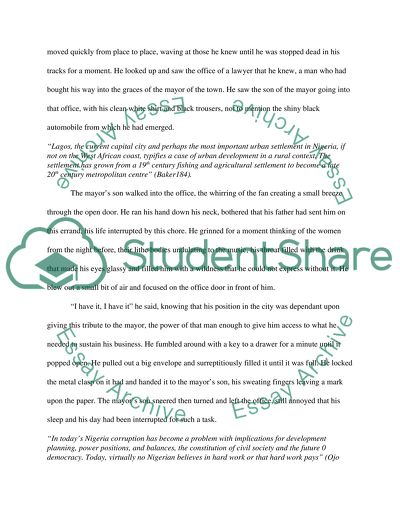Cite this document
(“Hunger Essay Example | Topics and Well Written Essays - 4500 words”, n.d.)
Retrieved from https://studentshare.org/environmental-studies/1406915-write-a-griffin-like-piece-where-you-move-between
Retrieved from https://studentshare.org/environmental-studies/1406915-write-a-griffin-like-piece-where-you-move-between
(Hunger Essay Example | Topics and Well Written Essays - 4500 Words)
https://studentshare.org/environmental-studies/1406915-write-a-griffin-like-piece-where-you-move-between.
https://studentshare.org/environmental-studies/1406915-write-a-griffin-like-piece-where-you-move-between.
“Hunger Essay Example | Topics and Well Written Essays - 4500 Words”, n.d. https://studentshare.org/environmental-studies/1406915-write-a-griffin-like-piece-where-you-move-between.


